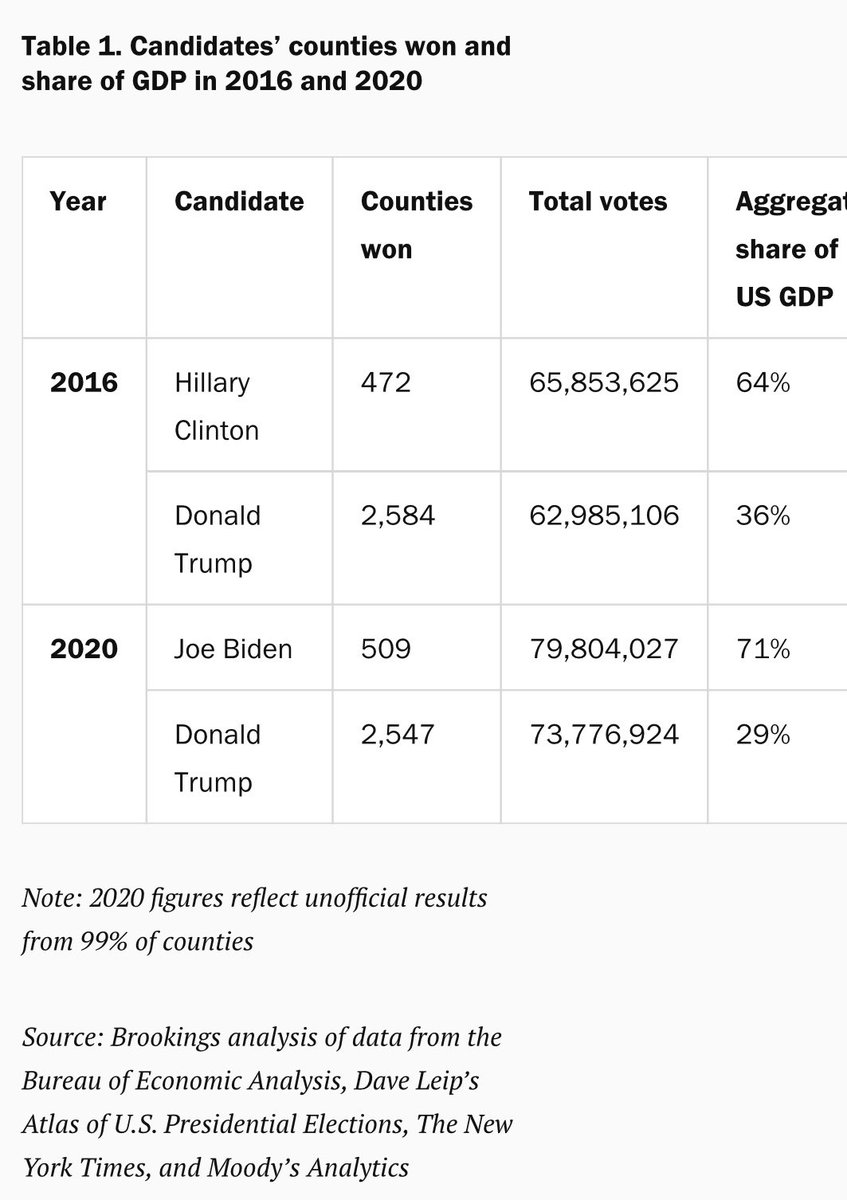
The trend below can’t hold b/c 1) it will create class warfare if left unchecked and 2) many feel genuinely bad that success isn’t shared.
My prediction for 2021: A new political party is founded that is Pragmatic and Centrist - electing people to try and bridge inequality.
My prediction for 2021: A new political party is founded that is Pragmatic and Centrist - electing people to try and bridge inequality.

Why is a new political party the solution?
It may not be, but it can help fix the fact that half the population of the US have everything and the other half, increasingly, nothing.
It has happened at critical points in US history before when people felt no one was listening.
It may not be, but it can help fix the fact that half the population of the US have everything and the other half, increasingly, nothing.
It has happened at critical points in US history before when people felt no one was listening.
1) It will force our political class to cooperate to get things done.
2) It will give voters more nuanced choices at the ballot boxes.
3) It will allow the natural coalescing of ideas without being forced to give them up (Bernie, TeaParty etc).
2) It will give voters more nuanced choices at the ballot boxes.
3) It will allow the natural coalescing of ideas without being forced to give them up (Bernie, TeaParty etc).
4) Americans aren’t stupid. We can handle choice - especially from 2 to 3.
5) 3 parties will make it harder to buy our elections.
6) 3 parties will make disinformation harder.
7) And back to (1): All of this will force our political class to cooperate to get things done.
5) 3 parties will make it harder to buy our elections.
6) 3 parties will make disinformation harder.
7) And back to (1): All of this will force our political class to cooperate to get things done.
Right now, our politicians are engaged in internecine warfare. They would rather destroy themselves and us in the process than actually compromise.
I think we will be surprised by how many people would support this idea of a new centrist Party.
I think we will be surprised by how many people would support this idea of a new centrist Party.
The establishment will first label it as a protest vote.
Then the establishment will mock it.
Then the establishment will try to stifle it.
Then it will win.
Then the establishment will mock it.
Then the establishment will try to stifle it.
Then it will win.
• • •
Missing some Tweet in this thread? You can try to
force a refresh



